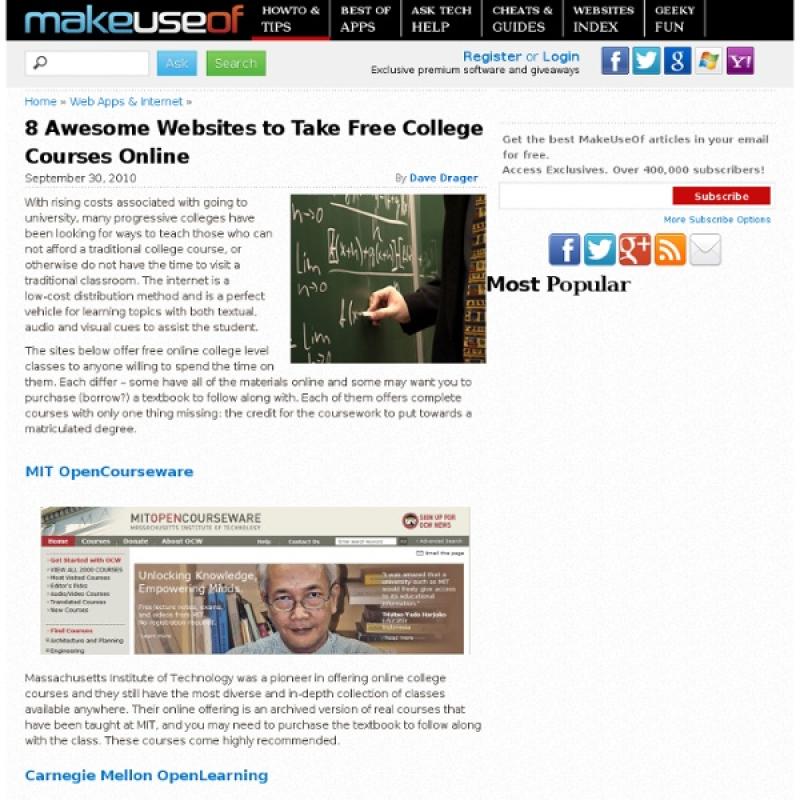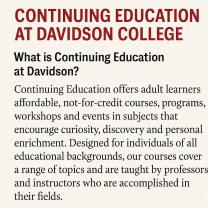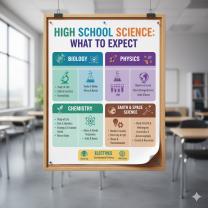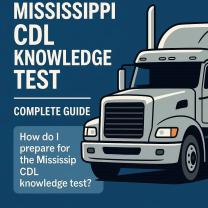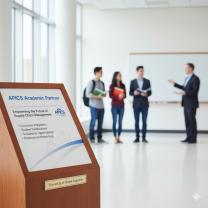Where can I take free college courses online?
There are several reputable platforms that offer free college courses online, often referred to as Massive Open Online Courses (MOOCs). These courses cover a wide range of subjects and are typically provided by universities, colleges, or organizations. Here are some popular platforms where you can access free college courses online:
Coursera:
- Coursera offers a variety of courses from universities and colleges around the world. While some courses are free to audit, you may need to pay if you want a certificate or access additional features.
edX:
- Founded by Harvard University and MIT, edX provides free online courses from top universities. Like Coursera, you can audit courses for free, and certificates may require payment.
Khan Academy:
- Khan Academy offers free courses and lessons in various subjects, particularly in math, science, and humanities. The platform is known for its interactive learning approach.
MIT OpenCourseWare (OCW):
- MIT OCW provides access to a wide range of MIT's course content across different disciplines. All materials are freely available online.
Stanford Online:
- Stanford Online offers free courses in areas such as computer science, engineering, and entrepreneurship. Some courses may have optional paid certificates.
Harvard Online Learning:
- Harvard University provides free online courses through its online learning platform. Courses cover diverse subjects, and many are available for free.
Udacity:
- Udacity focuses on tech-related courses and offers many free courses, though some programs may require payment for additional features or certification.
Carnegie Mellon Open Learning Initiative:
- CMU's Open Learning Initiative provides free online courses and resources in various subjects, with a focus on data science, statistics, and psychology.
Alison:
- Alison offers free online courses, including diploma and certificate programs. The platform covers a broad range of subjects.
Coursera for Campus:
- Coursera for Campus allows universities and colleges to provide free access to certain Coursera courses for their students.
FutureLearn:
- FutureLearn offers courses from universities and institutions around the world. While many courses are free to audit, you may need to pay for additional features.
Open Yale Courses:
- Yale University provides free access to introductory courses through Open Yale Courses. These courses include lectures and course materials.
Columbia Online:
- Columbia University offers free online courses covering various disciplines. Some courses provide a certificate option for a fee.
Google Digital Garage:
- Google Digital Garage offers free courses in digital marketing, coding, and other skills. These courses are suitable for beginners.
Before enrolling in a course, check the specific platform and course details to understand any potential costs, certification options, and prerequisites. Keep in mind that while course content is often free, fees may apply for certificates, graded assignments, or additional features.
Where can I find free online college courses?
There are numerous platforms offering fantastic free online college courses, ranging from introductory to advanced levels, across various academic disciplines. Here are some excellent options to explore:
Massive Open Online Courses (MOOCs):
- Coursera: Offers thousands of free and paid courses from top universities and companies like Yale, Stanford, Google, and IBM. Covers a wide range of subjects like computer science, business, data science, and humanities.
- edX: Partnered with renowned institutions like MIT, Harvard, and Berkeley to provide free and paid courses in various fields like engineering, data science, public health, and social sciences.
- FutureLearn: Features free and paid courses from leading universities and organizations like King's College London, Monash University, and the British Council. Covers diverse topics like literature, law, business, and healthcare.
- Udemy: Provides a mix of free and paid courses in various fields, with many free options in popular areas like software development, data analysis, and personal development.
Non-profit and Open Education Resources:
- Khan Academy: Offers a comprehensive library of free, self-paced courses in math, science, computing, humanities, and more. Ideal for beginners and students seeking foundational knowledge.
- MIT OpenCourseware: Provides free access to course materials from Massachusetts Institute of Technology (MIT), including lecture notes, assignments, and exams, in various engineering, science, and business subjects.
- Open Yale Courses: Yale University offers free access to video lectures and course materials from a selection of popular undergraduate and graduate courses.
- Open Education Consortium (OEC): A directory of free, openly licensed educational resources from various institutions and initiatives, covering diverse subjects.
Alternative Platforms:
- Stanford Online: Stanford University offers a limited selection of free online courses in various fields, like computer science, humanities, and education.
- Harvard Online: Harvard University provides free access to some introductory-level courses and lectures across various disciplines.
- Crash Course: Youtube channel offering engaging and succinct video lessons on various academic subjects, including history, literature, and science.
Tips for Finding Free College Courses:
- Consider your interests and goals: Identify what you want to learn and choose platforms or courses that align with your academic aspirations.
- Compare learning formats: Explore different platforms and course formats (video lectures, interactive activities, written materials) to find one that suits your learning style.
- Check course reviews: Read student reviews and feedback to get insights into the quality and effectiveness of the courses.
- Stay updated: Many platforms offer new courses regularly, so check back periodically to discover new learning opportunities.
Remember, free online courses can be a valuable resource for expanding your knowledge, exploring new fields, and even preparing for academic pursuits. Choose wisely, stay motivated, and don't hesitate to combine different platforms and courses to create a personalized learning journey.
I hope this information helps you find the perfect free online college courses to enrich your educational experience! Feel free to ask if you have any further questions or need recommendations for specific subjects or interests.
